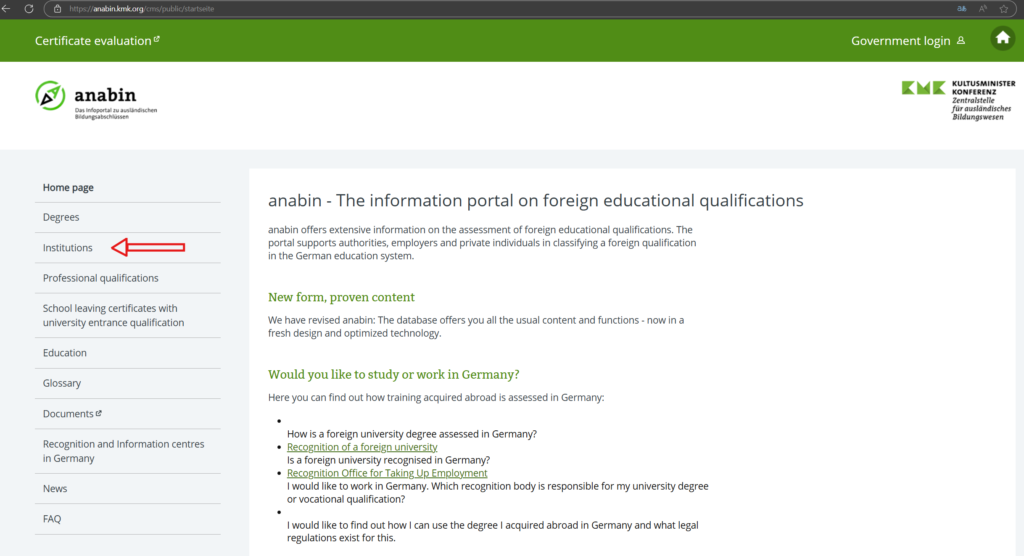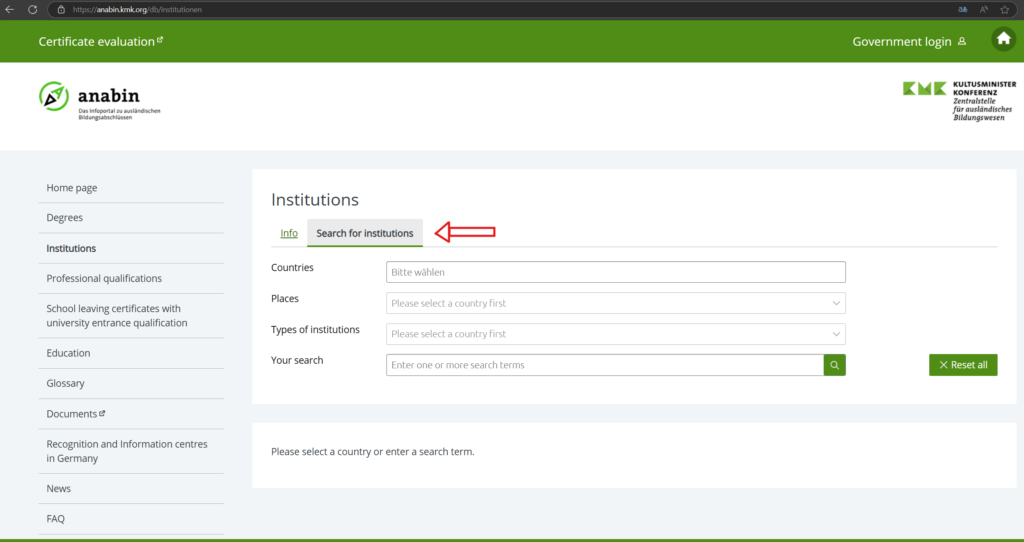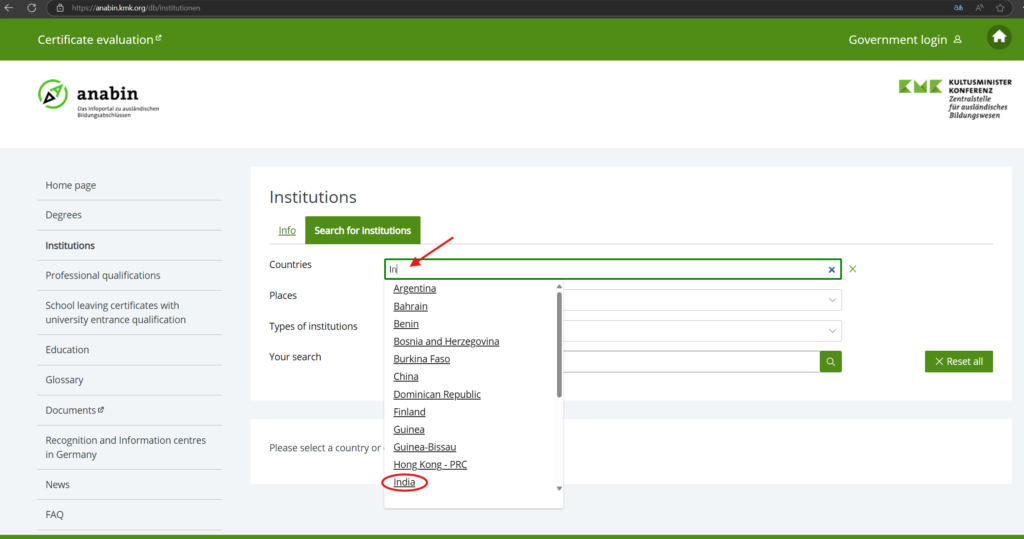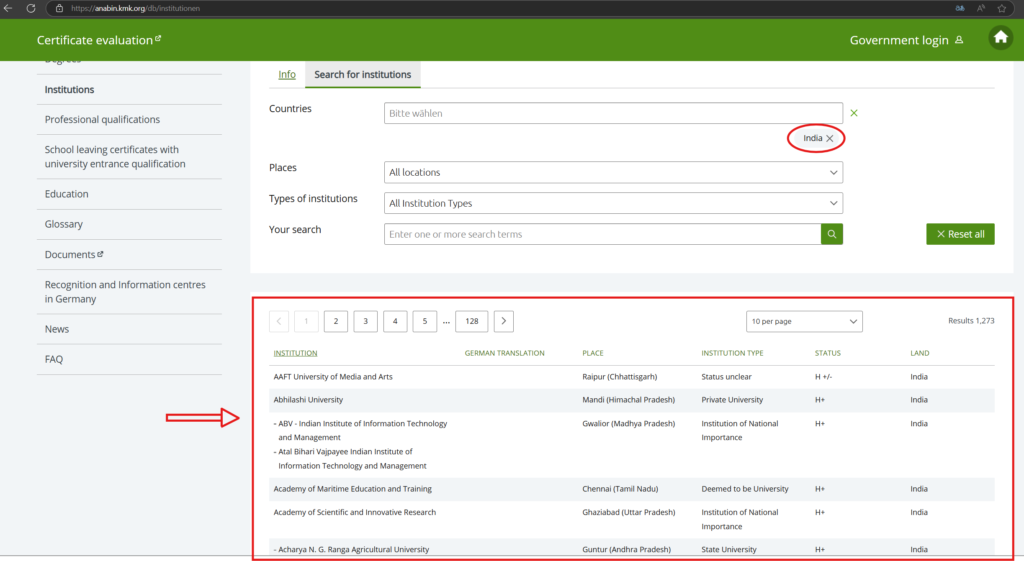APS Certificate for Indian Students: Updates on Accreditation of Private Universities to Study in Germany

28/06/25
APS Certificate for Indian Students: Updates on Accreditation of Private Universities to Study in Germany
Introduction
Germany has become a top destination for Indian students seeking quality education and global career opportunities. However, with the introduction of APS certification for Indian Students in November 2022, the process to study in Germany has evolved significantly. One of the most critical aspects of this new system is the accreditation of Indian universities, particularly private institutions. If you’re planning your higher education journey in Germany, this blog will guide you through the latest updates and how to navigate them effectively.
For personalized guidance and end-to-end support, Guideup Study Abroad is here to help Indian students achieve their dream of studying in Germany and other top destinations.
What is APS Certification for Indian Students, and Why is it Important?
The Academic Evaluation Centre (APS) is a joint initiative by the German Embassy and the German Academic Exchange Service (DAAD). The APS certificate is now mandatory for:
- University applications: APS ensures your academic records are authentic.
- Student visa applications: Streamlines the visa process for Indian students.
Without an APS certificate, your application to German universities or the German consulate for a student visa cannot proceed. This certification applies to all students from Indian universities, including private institutions.
How Does Accreditation Affect APS Certification for Indian Students?
Germany evaluates the recognition of Indian universities through the Anabin database, which classifies institutions as:
- H+: Fully recognized and accredited.
- H+/-: Partially recognized (only some programs are accredited).
- H-: Not recognized by German standards.
Students graduating from H- institutions will not qualify for an APS certificate. For private universities, this poses challenges as not all are recognized under the H+ category in Anabin, even if they are approved by the University Grants Commission (UGC) in India.
Challenges for Private Universities in India
Indian private universities, despite offering quality education, often face hurdles when it comes to international recognition. The APS certification process has brought these challenges into sharp focus:
- Some private universities are not listed in the Anabin database.
- Only specific programs from H+/- universities are recognized.
- Lack of clarity regarding UGC approval and global accreditation.Students from private universities are advised to verify their institution’s Anabin status and UGC accreditation before applying for APS certification.
How to Check Your University’s Accreditation
To ensure you meet APS requirements, follow these steps:
- Visit the Anabin database.
- Open “Institutions” section.

- Click on “Search for Institutions” button.

- Search for “India” in the “Countries” section and click on it among the options.

- The list of Indian universities available on Anabin website is displayed. You can navigate and look up your university’s name and status.

- Check the accreditation status:
H+: Fully recognized (eligible for APS certification).
H+/-: Recognition depends on the program (verify your course specifically).
H-: Not recognized (ineligible for APS certification).

Why Did Germany Introduce APS Certification for Indian Students?
Germany introduced the APS system to:
- Combat fraudulent academic documents.
- Standardize the verification of Indian credentials.
Streamline university admissions and visa processing.
Indian students now form one of the largest groups of international students in Germany, making such measures critical to ensure the integrity of the process.
Documents Required for APS Certification for Indian Students
Ensure you have the following documents ready:
- Printed and duly signed application form with passport size photo (not older
than 6 months). - Copy of Aadhaar card.
- Copy of passport (1st and last page).
- Copy of Highschool and Higher secondary marksheet and certificate.
- Copy of the bachelor degree certificate and consolidated marklist.
- Copy of Master degree certificate and marklist ( if required).
- English or German Language certificate ( not mandatory)
What to Do If Your University Is Not Recognized
If your university is not listed as H+ in Anabin or lacks UGC accreditation:
- Research recognized programs under the H+/- category.
- Consider transferring to a recognized institution.
- Seek professional guidance from Guideup Study Abroad to explore alternative pathways.
Timeline and Fees for APS Certification for Indian Students
- Timeline: APS certificate processing takes 1-2 months after document submission.
- Fee: ₹18,000 (non-refundable).
Start the process early to avoid delays in meeting German university deadlines.
How Can Guideup Study Abroad Help You?
At Guideup Study Abroad, we specialize in helping students achieve their academic dreams in Germany and beyond. Our services include:
- APS application support.
- Verification of university accreditation and Anabin status.
- Guidance on scholarship opportunities, such as the Erasmus Mundus Scholarship 2025.
- Assistance with documentation, applications, and visa processes.
We ensure you receive personalized advice and comprehensive support for a seamless transition to your study destination.
Conclusion
The APS certification is a vital step for Indian students aspiring to study in Germany. However, the focus on university accreditation underscores the importance of careful planning and preparation. By verifying your institution’s recognition and organizing your application documents, you can ensure a smooth path to success.
Whether you’re from a private Indian university or need help navigating the APS process, Guideup Study Abroad is your trusted partner. With our expert guidance, you can confidently pursue your dreams of studying at Germany’s top universities.







